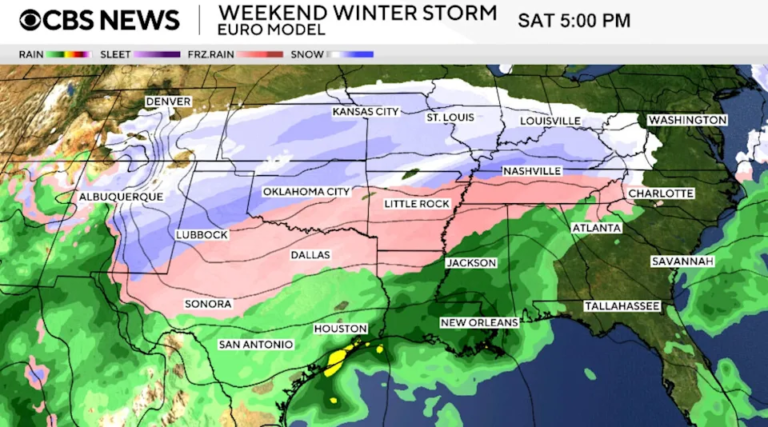In a bold move, Republican Representatives Andrew Clyde and Eli Crane are spearheading efforts to impeach federal judges they accuse of obstructing President Donald Trump’s policy initiatives. Their actions underscore a growing tension between the executive branch and the judiciary over the implementation of the President’s agenda.
Rep. Andrew Clyde Targets Judge John McConnell Jr.

(John McConnel Jr. and other GOP Representatives During an Online meeting with Maga Representatives.)
Rep. Andrew Clyde of Georgia has announced the drafting of articles of impeachment against U.S. District Judge John McConnell Jr. This decision follows Judge McConnell’s ruling that blocked President Trump’s attempt to freeze federal funding for certain programs. Clyde contends that such judicial interventions not only hinder the President but also undermine the will of the American electorate.
“You’re not just hurting the president,” Clyde stated. “You’re hurting the American people because they’re the ones who elected him.”
Judge McConnell has previously emphasized the judiciary’s role in upholding the rule of law, stating that courts must “stand and enforce the rule of law, that is, against arbitrary and capricious actions.”
Rep. Eli Crane Targets Judge Paul Engelmayer

(Judge Paul Engelmayer)
Similarly, Rep. Eli Crane is preparing articles of impeachment against U.S. District Judge Paul Engelmayer of the Southern District of New York. Judge Engelmayer recently issued a temporary restraining order preventing the Department of Government Efficiency (DOGE) from accessing Treasury Department payment systems, a move Crane describes as “judicial overreach.”
“I’m drafting articles of impeachment for U.S. District Judge Paul Engelmayer,” Crane announced. “Partisan judges abusing their positions is a threat to democracy.”
Crane argues that Judge Engelmayer’s decision hampers the administration’s efforts to eliminate waste, fraud, and abuse within the federal government. He asserts that the judiciary should not impede the President’s constitutional authority to oversee and manage executive branch operations.
Implications and Reactions

(President Donald Trump February 24 2025, giving a speech)
The initiation of impeachment proceedings against sitting federal judges is a rare and contentious action, reflecting deep divisions over the role of the judiciary in reviewing executive actions. Supporters of Reps. Clyde and Crane view these efforts as necessary to check what they perceive as judicial activism that obstructs the President’s mandate.
Critics, however, warn that such moves could undermine judicial independence and set a concerning precedent for the separation of powers. Legal experts emphasize the importance of an impartial judiciary capable of reviewing and, when necessary, restraining executive actions that may overstep constitutional boundaries.
As these impeachment efforts progress, they are likely to intensify the ongoing national debate over the balance of power among the branches of government and the appropriate role of the judiciary in a polarized political landscape.
Broader Implications and Ongoing Legal Battles
Since President Trump’s inauguration in January, over 70 lawsuits have been filed against his administration by activist groups, legal organizations, local governments, and individuals. These legal challenges encompass a range of issues, including Trump’s executive order on birthright citizenship, the Department of Government Efficiency’s (DOGE) initiatives to reduce unnecessary government spending, and the dismissal of various federal employees.
Regarding the lawsuits challenging DOGE’s actions, Clyde expressed confidence in the President’s legal standing. “I think the president will certainly prevail on the merits of his case. He has the authority under Article II of the Constitution,” Clyde asserted. He further criticized judicial restraining orders that, in his view, prevent the President from exercising his constitutional duties and hinder efforts to combat waste, fraud, and abuse in government.
Clyde and Crane are urging their congressional colleagues to support their impeachment efforts, aiming to hold judges accountable for decisions that, they argue, impede the President’s constitutionally granted powers. “They can’t just stop the president from doing what the Constitution gives him the authority to do, and the people have given him the authority to do,” Clyde affirmed.
Conclusion
The actions taken by Representatives Clyde and Crane reflect a growing frustration within certain legislative circles regarding judicial checks on executive actions. As these impeachment proceedings unfold, they are poised to ignite a broader debate about the balance of power among the branches of government and the role of the judiciary in interpreting and potentially obstructing policy decisions made by elected officials.


